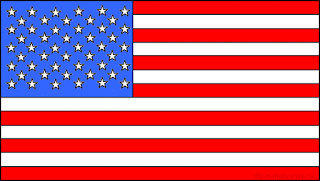Your Death Will Be Our Reality Television For The Day or 21st Century Lynchings

Black dead bodies pile up on the television screens across the nation. While there is a 'debate' about force by some fancy people in some fancy room. Children live in terror everywhere. Educated grown men and women tremble at the sight of a police officer. These are lynchings that puts the Klan to shame. This is Freedom in the US at the beginning of the 21st century.

